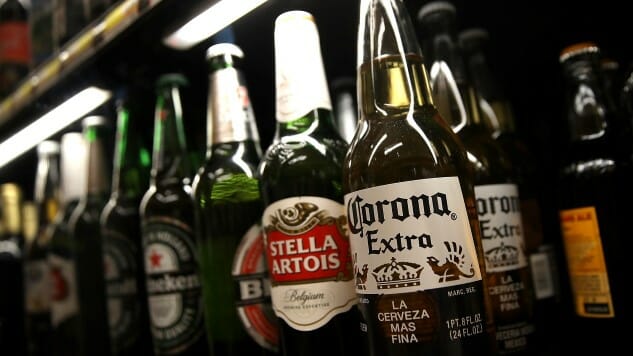After 86 Years, Utah Has Raised its Beer ABV Restrictions … Barely
Photo via Getty Images, Justin Sullivan
Here’s the good news, for Utah beer drinkers: After 86 years, the state’s “3.2” beer law finally came to an end Tuesday, as Gov. Gary Herbert signed SB132, raising the maximum ABW (alcohol by weight) allowed in Utah grocery and convenience stores.
-

-

-

-

-

-

-

-

-

-

-

-

-

-

-

-

-

-

-

-

-

-

-

-

-

-

-

-

-

-

-

-

-

-

-

-

-

-

-

-








































